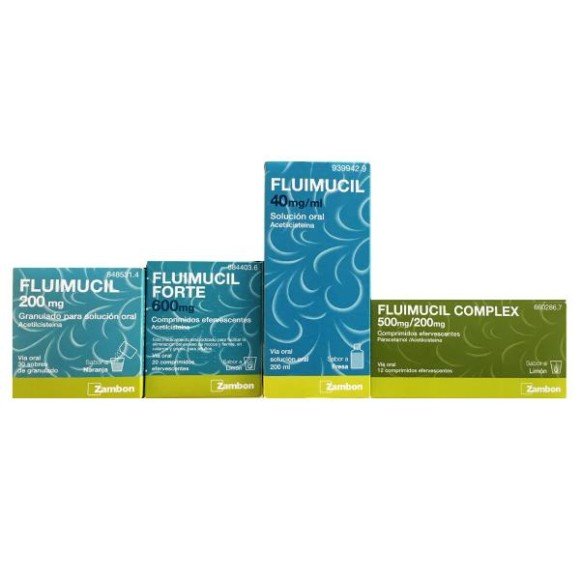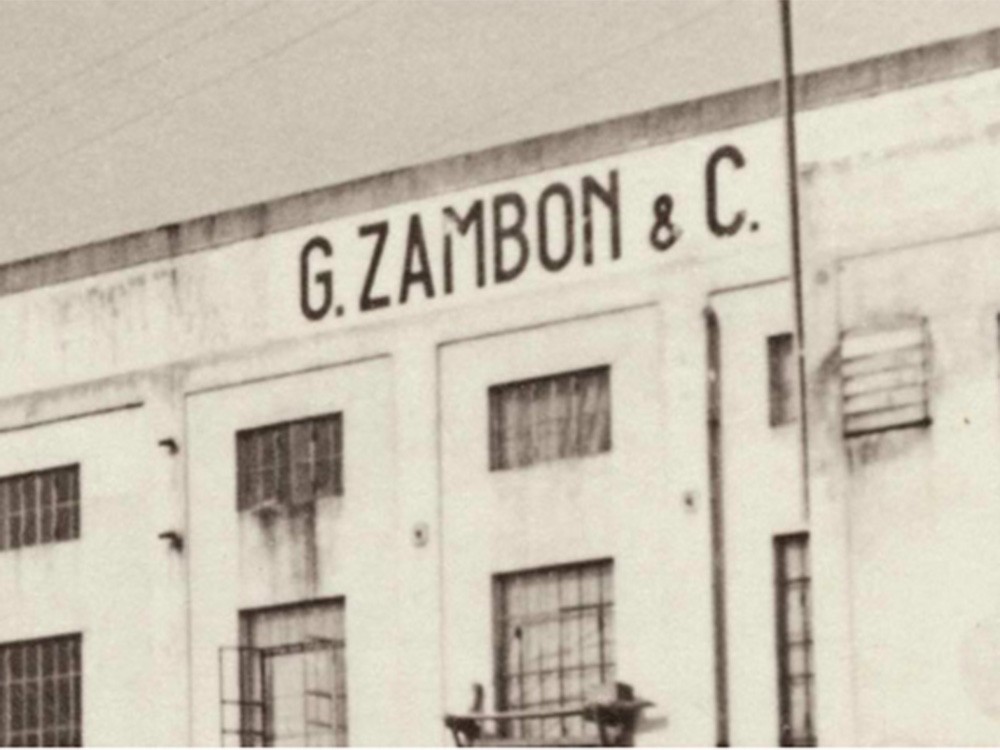1906: The birth of Zambon
Gaetano Zambon, a pharmacy graduate with various experiences in the trade of chemical products and spices, started the "Zambon Medicine Warehouse" in Vicenza together with Silvio Farina.
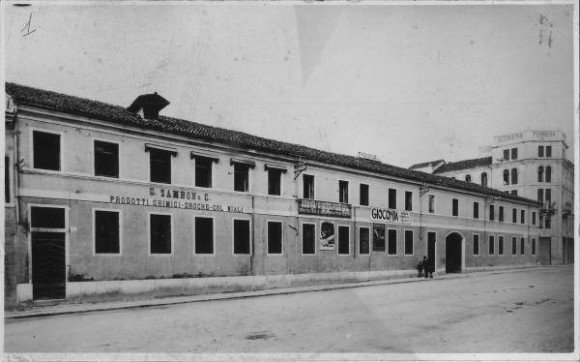
1920: Start of production
The company began producing galenic preparations under the ZEF brand. The most sold products were China Elixir, Ferrochina, Rhubarb, and ITE insecticide.
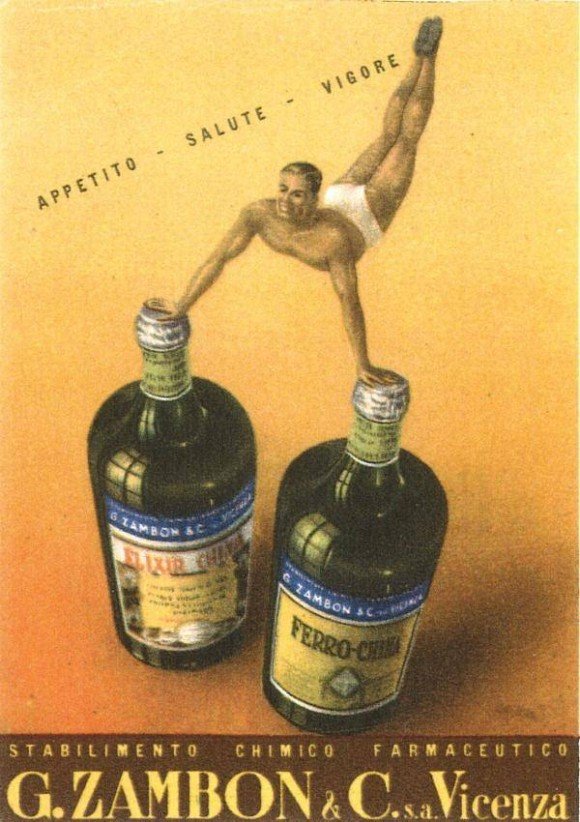
1933: Raw materials synthesis
Alongside the production of medicines, the company also began synthesizing raw materials.
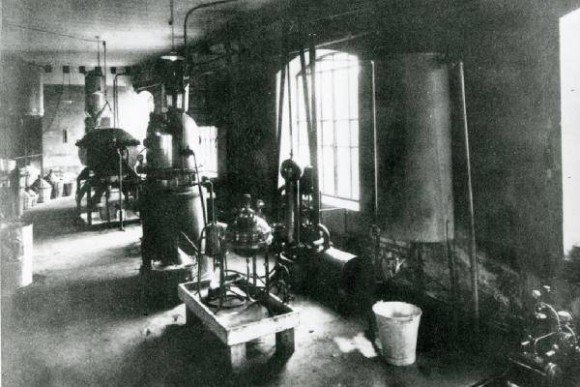
1944: Move from Padua to Milan
On May 14, the Zambon facility was destroyed by American bombings on Vicenza. For some time, Zambon laboratories were relocated within the universities of Padua and Milan.
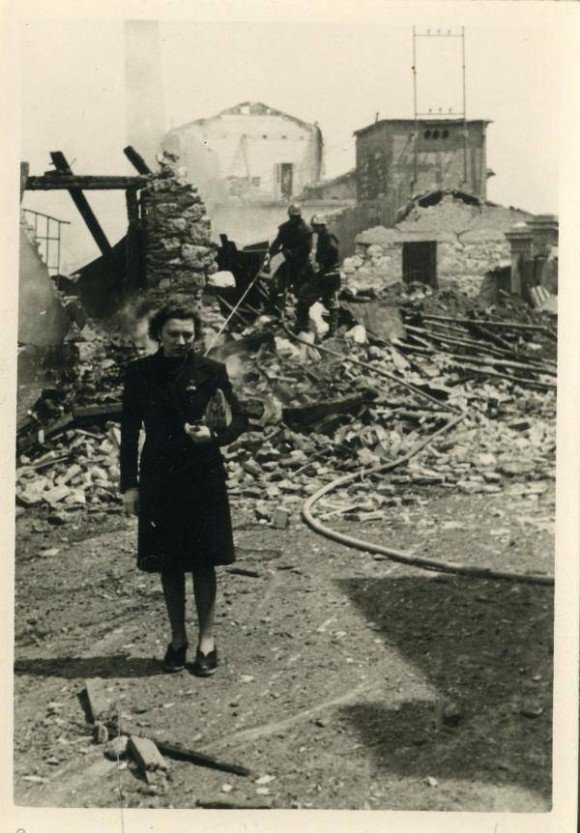
1946: Vicenza plant opening
The new Zambon factory was inaugurated in Vicenza after the destruction of the historic headquarters. The simple factory had now become a true district in Vicenza, more modern and functional. The workforce consisted of 550 collaborators, including 500 production workers and 50 researchers.
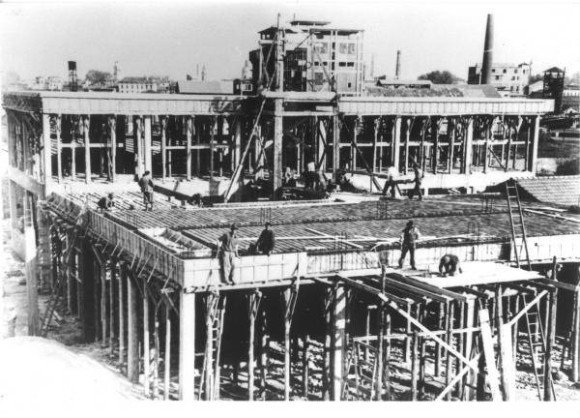
1956: Brazil plant construction
The first foreign branch was established, with a production plant in Brazil.
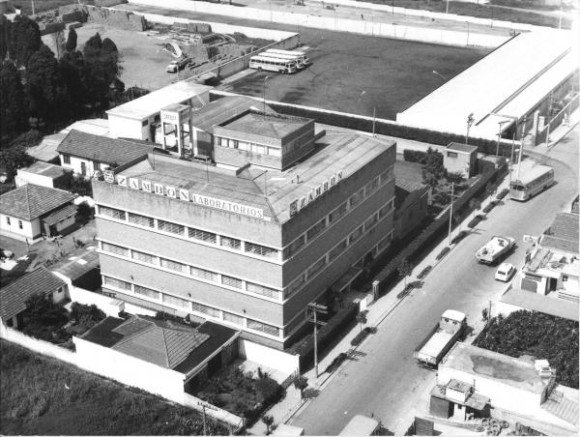
1960: Fluimucil is born
Zambon researchers discovered for the first time the mucolytic properties of acetylcysteine, a molecule previously used as an antibacterial agent. This marked the birth of Fluimucil.
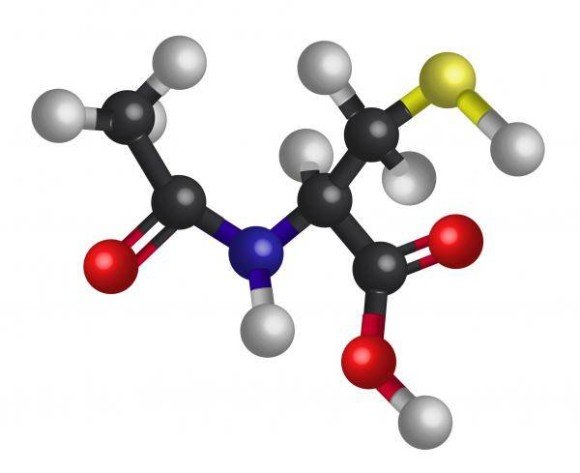
1965: Fluimucil Mucolitico enters the market
Fluimucil, based on acetylcysteine, was launched for the treatment of wet cough.
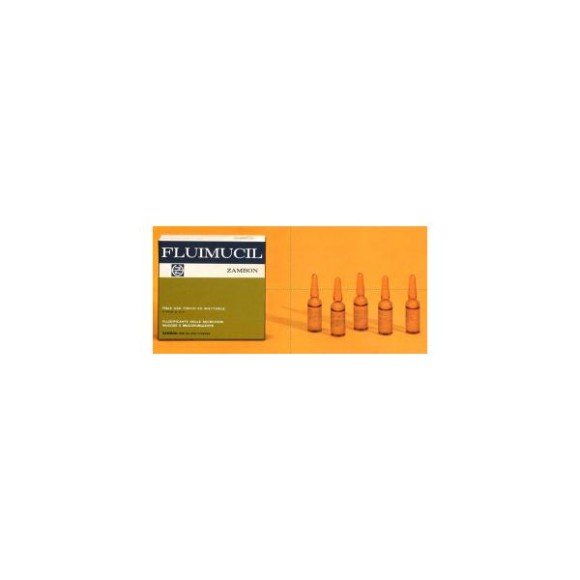
1970: Almisano Factory Construction
A new cutting-edge factory for basic chemical activities was built in Almisano di Lonigo.
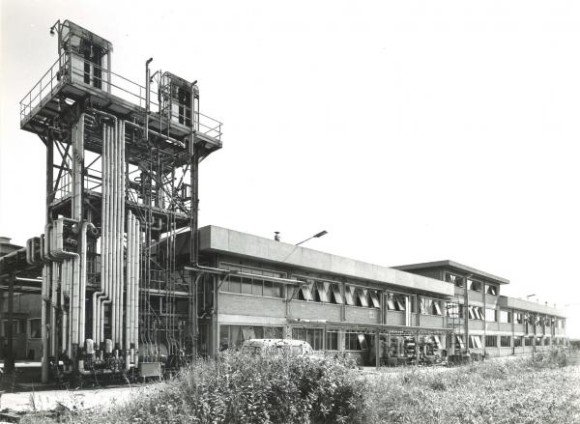
1980: Swiss Headquarters Relocation
The Swiss headquarters moved from Lamone to Cadempino.
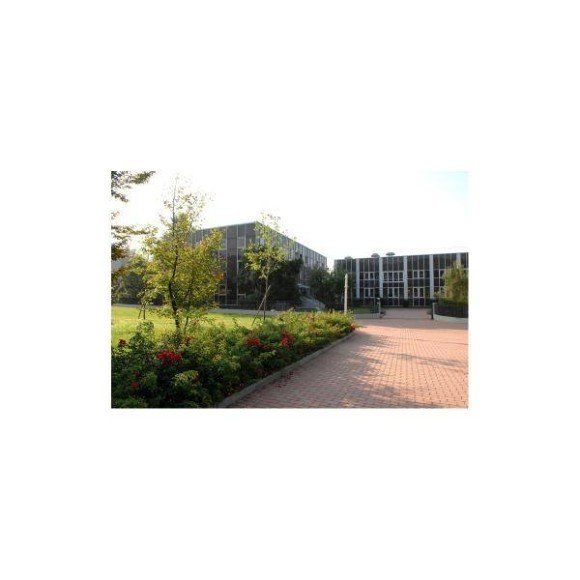
1984: Vicenza Relocation
Pharmaceutical production was transferred to a new and more efficient factory in Via Della Chimica in the Industrial Zone of Vicenza.
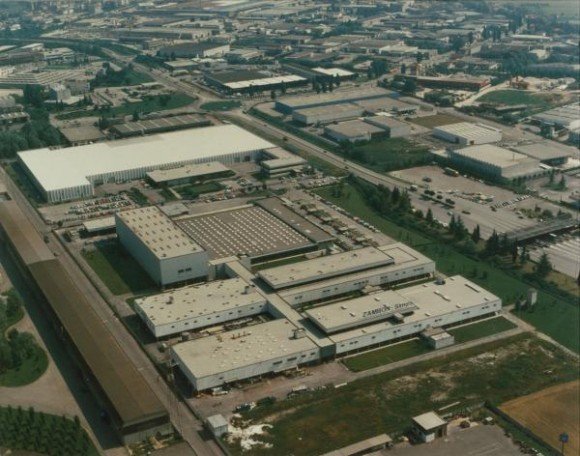
1990s: Focus on Therapeutic Areas
Zambon decided to focus on three therapeutic areas: respiratory health, women's care, and pain management.
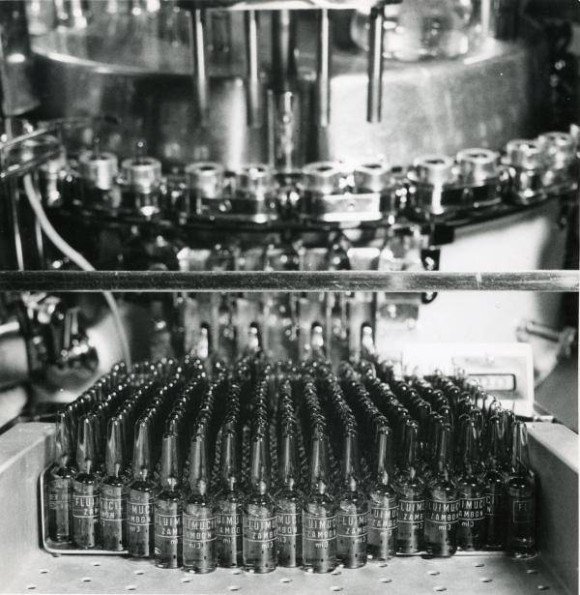
2003: Launch of Z-Cube
Z-Cube was born as an incubator for university startups in the field of biotechnology and Drug Delivery Technologies.
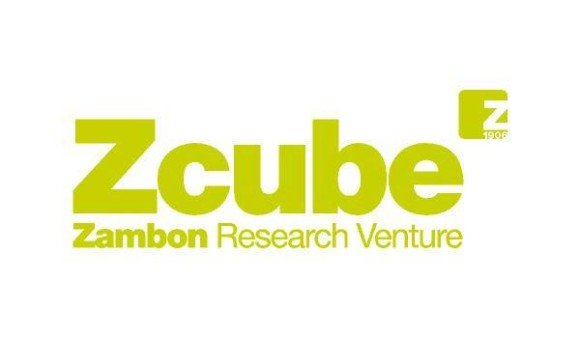
2006: Zambon Centennial
Zambon celebrated its 100th anniversary in the 15 countries where it operates.
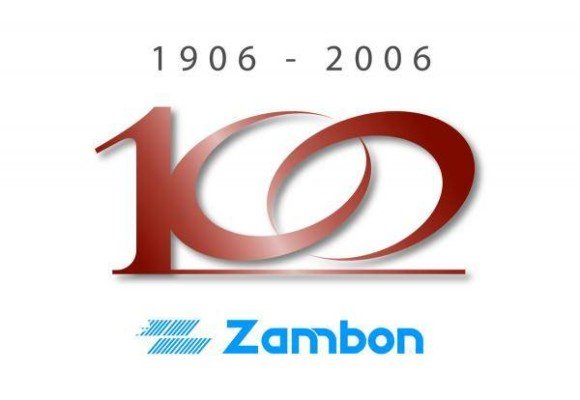
2007: Creation of Zoè Foundation
The Zoè Foundation (Zambon Open Education) was created with the goal of developing health culture and quality of life. The Benvivere Project was introduced, promoting a way of being and working at Zambon that facilitates business decisions and fosters relationships among collaborators. Fluimucil appeared on TV with an advertising campaign. Open Zone, a scientific campus near Milan composed of companies in the Life Science sector, was established to encourage knowledge exchange in research and innovation.
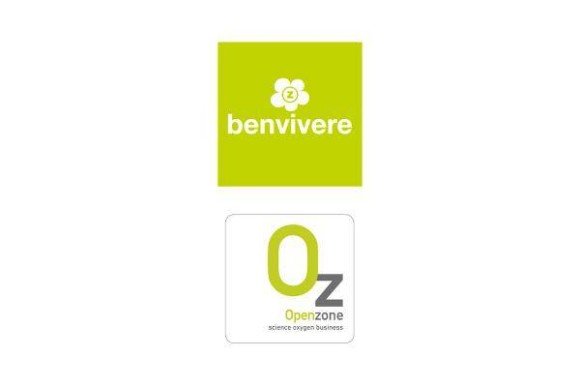
2008: Opening of Zambon Museum
The Zambon Museum was created as a symbol of a history fostering a strong sense of belonging and hosting events, schools, and stakeholders from around the world.
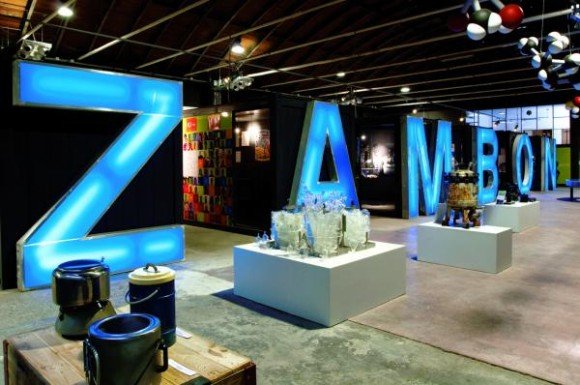
2009: New Corporate Image
Zambon adopted a new corporate image, featuring a more modern graphic design while still recalling the company's history and values.
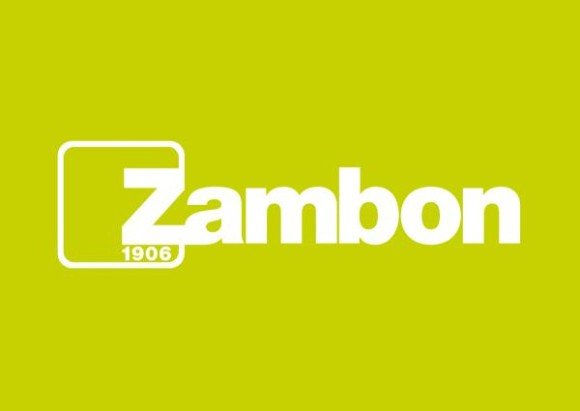
2010: Packaging Redesign (foto sgranata)
A human figure became the pattern enriching Zambon's product packaging to humanize science, laying the foundation for the "Human Touch" approach, which places the individual and their healthy living at the center.
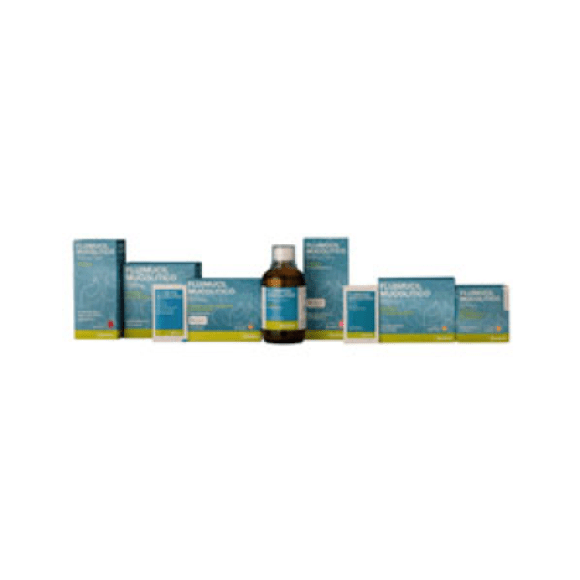
2013: Health & Quality Factory Inauguration
On September 16, 2013, Zambon inaugurated the Health & Quality Factory, designed by architect and designer Michele De Lucchi.
This €40 million investment increased production capacity and quality, expanded infrastructure, and created new spaces dedicated to training and education activities. The factory was reimagined not just as a production site but as a center for knowledge exchange and training among healthcare professionals, students, professors, and doctors to bridge the gap between universities and research institutes.
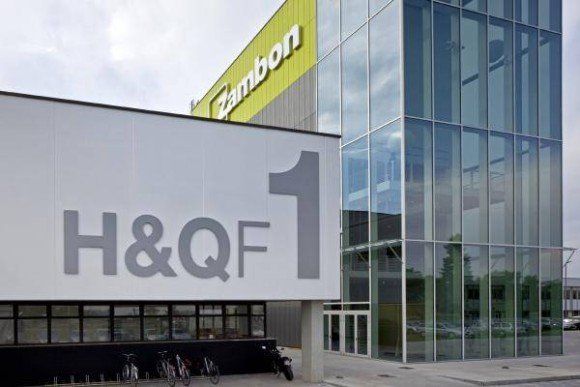
2014: Creation of Oxy.gen
Oxy.gen is a futuristic bubble-shaped structure inspired by the concept of breath, conceived by the Zambon group and designed by architect Michele De Lucchi.
Through an educational path based on edutainment and aimed at primary and secondary schools, researchers, and citizens, the pavilion hosts cultural and educational activities related to human and environmental respiration.
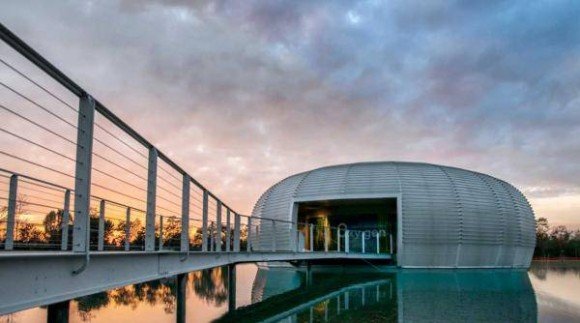
2015: 50 years of Fluimucil (cambiare foto)
Fluimucil celebrated its 50th anniversary: a journey dedicated to "breathing for science."
